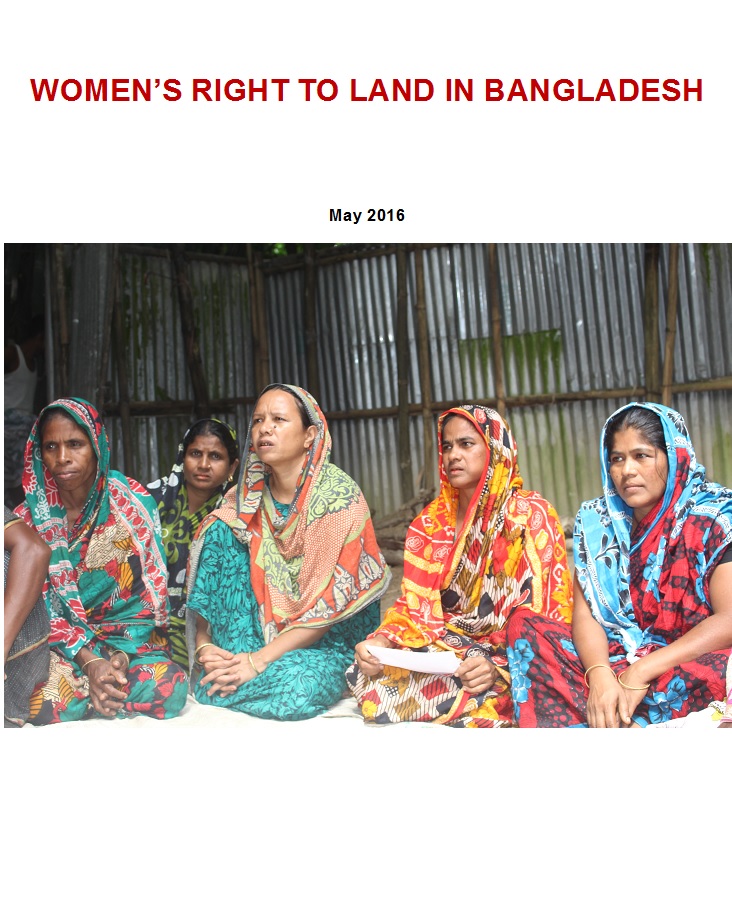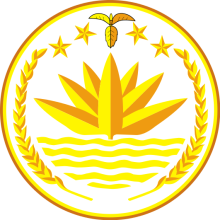Resource information
It has been frequently argued that women’s access to and control over land can potentially lead to greater gender equitability alongside addressing material deprivation. Gender equality today is considered one of the crucial premises for economic and social development as well as women’s empowerment as recognized in the MDGs and SDGs. The factors that debar Bangladeshi women from enjoying and exercising fuller and effective ownership and rights on land are nuanced by diverse factors ranging from laws, policies, social, cultural norms, customary practices, religious doctrines to lack of education, awareness and unfavourable institutions and implementation practices and so on.
Against this backdrop, the present study on ‘Women’s Rights and Access to Land’ has focused on to explore the practical barriers and policy gaps from a holistic approach meaning women’s rights, access and control over land, that discriminate against Bangladeshi women in respect to their land rights. The specific objective of the study is to identify the strengths and weaknesses of the pertinent policies and ground level hindrances stemming from existing culture, customs, traditional and institutional practices in order to suggest ways to address and overcome the situation in a most practical and attainable manner in the present context of the country.


